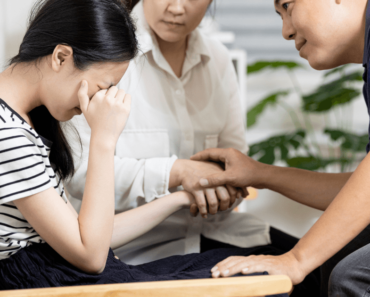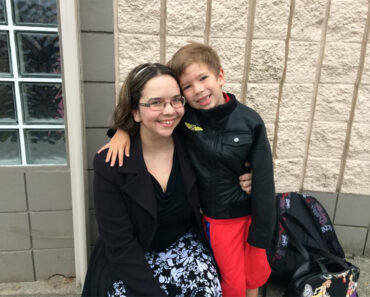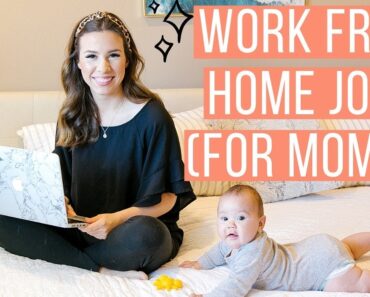Back-to-school can be exciting, but it’s a source of anxiety for some kids, back to rules, routines, and even bullies. For parents, you can’t erase all their stress. However, you can help them manage their feelings as summer ends.
The Neurocycle is a way that kids can harness their thinking power, helping them rewire thought patterns into brain-building habits. When your child seems nervous about returning to school, you can go through these five steps with them—helping them deconstruct their thoughts and feelings and reconceptualize new ways of approaching their anxiety.
First, you should help them become more aware of their emotions, validating their feelings and experiences. Start with understanding the signals your mind, brain, and body send you when you feel overwhelmed or burned out. These signals are trying to protect you.
If your child starts withdrawing or acting differently closer to the start of the school year, it may be a sign that they are growing anxious. They may fight with their siblings more, sleep less, or too much. If you notice these behaviors, encourage them to share their feelings with you by letting them know it is okay to be nervous about returning to the classroom.
Once you and your child better understand their feelings, help them reflect on why these emotions are developing. Are they struggling with their friends or schoolwork? Are they starting a new grade?
Be vulnerable with your child and model this process for them. Let your child know that you sometimes used to get nervous about school and share your experiences as a parent so they don’t feel shame or guilt for being afraid.
Ask them guiding questions like “What’s your favorite and least favorite thing about school?”. Listen to them and validate their emotions. Avoid saying this like “It won’t be so bad” or “You are overreacting.”
Encourage them to write or find a way to creatively draw how they feel (their experience) while talking about solutions with them. It’s a very revealing process, pulling out memories of their thoughts into the open and adding clarity.
For older children, writing and drawing can bring order out of the chaos by “putting the mind on paper.” For younger children, you can sit with their dolls and toys to help them recreate scenarios at school.
Once your child writes, draws, or plays out how they’re feeling, they can sort it out with the ‘recheck’ step. The recheck helps them redesign their story and reconceptualize their anxiety so it doesn’t control how they feel and function. It teaches your child to think about their concerns in a new light, “Yes, I’m feeling scared. What can I do about it?” You can help them come up with ideas to help them manage their fears, such as getting extra help with their schoolwork or ways they can make more friends.
As the final step of the Neurocycle, Active Reach is a thought or action your child should practice daily to help them reconceptualize what gives them anxiety and create a new narrative. This is the action step of the Neurocycle process and something your child can practice based on the solutions you’ve worked out together.
Parents should participate in Active Reach with their child; for example, you can start a tradition where your child gets to pick an activity that will make them feel happy and less stressed when school starts so that they have something to look forward to each week, or you can make back-to-school shopping a fun and exciting summer tradition.
When can parents and kids start?
I recommend that you start this process a few weeks before the start of the school year, going through the Neurocycle each day to help them manage their anxiety. Throughout the year, you can continue going through these steps and encourage them to use them for other challenges they face.
No matter how much time you have left until the end of summer, remember to make your home a ‘mental health haven’ for your children. They should know that they will feel comfortable enough to unwind once they get home. Be intentional about creating peace in the home.
Allowing your child to express their emotions at home is always important. Validate their experiences by saying, “I can see how this makes you feel sad; I am sorry you feel sad.” It’s also crucial to help your child associate home with feelings of joy and happiness. To do this, offer opportunities for fun by starting regular game nights, cooking nights, or other little traditions that make your home feel like a happy and peaceful place of acceptance.
As parents, we can teach our children that life isn’t just about trying to eliminate troubling thoughts. It’s about cleaning up the mental messes we all experience as human beings.

































